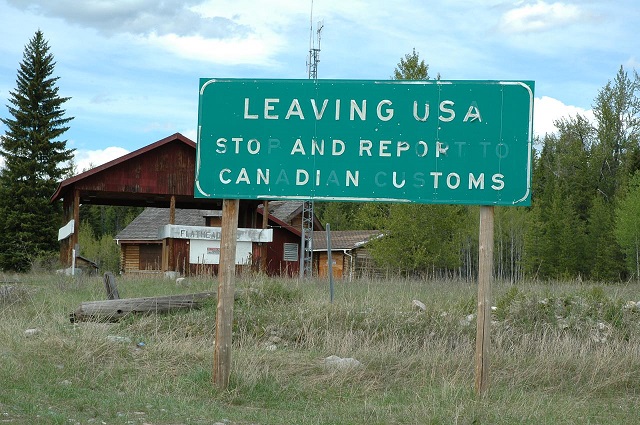The Beat
High-tech policing
The Washington Post’s Justin Jouvenal takes a look at how police and law enforcement agencies are increasingly able to use technology to calculate a suspect’s ‘threat scores’. Software such as Beware allows agencies to scan the suspect’s history including arrest reports, property records and social-media posts and then generate a threat level—enabling a more precise judgement and response. However, Jouvenal highlights the growing rift between the demand for technological surveillance and its impact on civil liberties. For more on tech and policing, Forbes explores how technology is helping to counter human trafficking.
Blackberry: not quite so private?
The Netherlands Forensic Institute (NFI), a government organisation which assists Dutch law enforcement agencies with forensic investigations, has confirmed to Motherboard (after weeks of speculation) that they’re able to decrypt encrypted messages on PGP Blackberry phones and recover deleted messages and emails. With Blackberry long being the smartphone of choice for criminals worldwide, it’s a win for authorities.
CT Scan
Fear itself
On War on the Rocks, Christopher Preble argues that US counterterrorism policy is failing to make Americans feel safe. Preble makes the point that Americans remain fearful of terrorism, even though the risk of being killed by a terrorist is objectively less than being killed by ‘lightning strike’ or ‘falling household furniture.’ Up to 40% of Americans believe that terrorists are winning in the war on terrorism—the highest number since 9/11. The figure stood at just 9% after the death of Osama Bin Laden in 2011. Preble suggests that achieving a zero-risk counterterrorism strategy is all but impossible, and that public officials should discuss terrorism in context rather than overemphasising the risk and ‘terrorizing ourselves.’
Uyghur terror suspects
Indonesia and China are cooperating in an investigation of several ethnic Uyghur terrorism suspects in Indonesia. One Uyghur man, arrested in December on suspicion of planning a suicide bombing, had entered the country as an asylum seeker via Thailand and Malaysia. Indonesian police are considering the possibility that he may also have links to the Bangkok bombing at Erawan Shrine last year. Several other Uyghurs are suspected of joining or providing logistical support to Daesh-linked groups in Indonesia.
Checkpoint
Austria latest country to introduce tougher border controls
Last week Austria announced its plan to turn away ‘economic migrants’ in an attempt to reduce overall immigration, with Austrian ministers claiming that other European countries have failed to stem the flow of asylum seekers arriving at its border. Germany has been refusing entry to up to 200 migrants per day since the beginning of January which has resulted in more asylum seekers applying for asylum in Austria. Austria’s Interior Ministry statistics show that 90,000 asylum seekers sought asylum in Austria in 2015, three times more than in the previous year.
Canadian border authorities to use faceware recognition to catch terrorists
Canada’s border force agency will compare images of people arriving with photos of suspects on watch lists in order to keep alleged terrorists and other criminals out of country. The Canada Border Services Agency reports that it wants to see how well the facial-recognition technology works at various locations. The Agency claimed that while it intends on testing the technology in an ‘operational context’, no trials involving travellers have taken place as of yet. The federal privacy watchdog has warned the agency about the pitfalls of the technology, with Canada’s privacy commissioner Daniel Therrin warning about the potential for false positives and ‘unwarranted scrutiny’ of some individuals at the border.
First Responder
On the home front
Australia’s first responders were put to the test this holiday season with bushfires in Western Australia and flooding in New South Wales. ASPI’s Anthony Bergin discussed the importance of investing in Australian infrastructure to improve community resilience to natural disasters in The Australian. Bergin highlights that funding needs to shift away from the current reactive approach, towards a more proactive strategy of mitigation and preparation. Investing in ‘bettering’ damaged infrastructure would help prevent future re-builds, clean-up costs, health issues and psychological trauma from disasters.
Coast to coast
The World Bank is designing a program to promote the ‘climate resilience’ of the small-scale fisheries sector in the Caribbean against the increasing risks of climate change-related disasters. The Caribbean Ocean and Aquaculture Sustainability Facility (or COAST) will help facilitate innovative insurance financing that encourages small-island governments to support coastal management.


